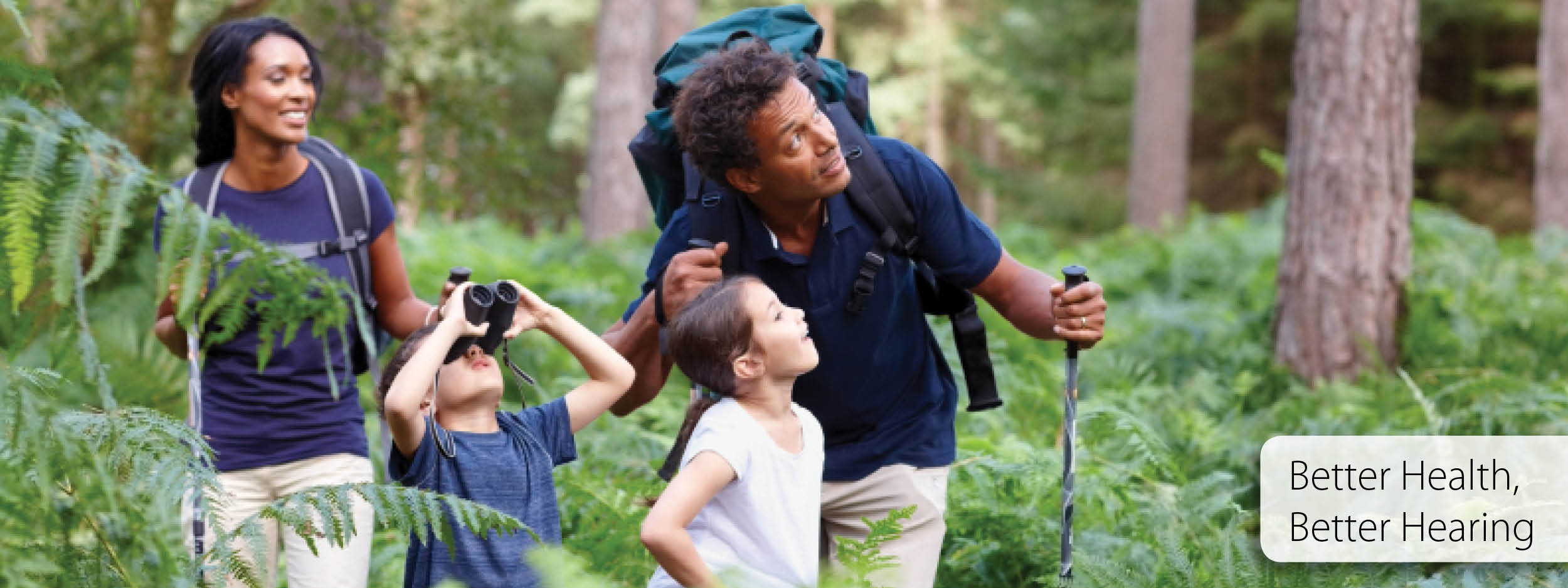You Can Delay Age-Related Hearing Loss

Age-related hearing loss is a prevalent issue affecting a significant portion of the aging population, with nearly two-thirds of adults over 70 in the United States experiencing some degree of auditory decline. This decline, attributed to natural changes within the inner ear, middle ear, and neural pathways, often manifests gradually and can result in various challenges, including communication difficulties, feelings of isolation, and reduced physical function. However, recent findings from a groundbreaking study published in the Journal of Neuroscience shed light on a promising avenue for delaying age-related hearing loss: regular physical activity.
The Study
Unveiled In this pivotal study, researchers meticulously compared the auditory health of two groups of mice over a span of 24 months. The experimental group of mice engaged in regular exercise by voluntarily running on a wheel, while the control group remained sedentary.
Remarkably, the mice in the exercise group exhibited significantly better hearing outcomes after the 24-month period compared to their sedentary counterparts. This improvement was substantiated by physical observations, which revealed that key regions of the inner ear in the exercise group had undergone less deterioration compared to those of the control group. However, it’s noteworthy that the enhanced hearing was primarily observed in the low and middle frequency ranges.
Unlocking the Mechanism: A Closer Look What contributed to this noteworthy outcome? One pivotal discovery was the presence of a greater number of intact blood vessels nourishing the cochlea — the vital component of the inner ear responsible for converting sound into nerve impulses for the brain to decipher — in the mice from the exercise group. Essentially, regular physical activity appeared to enhance the circulation of oxygen and nutrients to the inner ear, thereby fostering its overall health and resilience.
Encouragingly, the mice in the exercise group were not coerced into physical activity; they only exercised when inclined to do so. However, the study’s authors speculate that employing forced exercise might yield even more promising results. This revelation offers a beacon of hope: combating age-related hearing loss may be as straightforward as incorporating basic aerobic exercise into daily routines.
A Holistic Approach to Hearing Health
While physical activity stands out as a promising strategy, it’s essential to recognize that hearing health is intricately linked to overall well-being. Factors such as cardiovascular health and nutrition play pivotal roles in maintaining optimal auditory function. Therefore, adopting a holistic approach to health — one that encompasses regular exercise, a balanced diet, and other wellness practices — is crucial for preserving hearing health throughout the aging process.
Contact Us to Learn More
We’re committed to empowering individuals with the knowledge and resources needed to safeguard their hearing health. To learn more about the profound connection between whole-body health and hearing wellness, and to explore personalized strategies for maintaining auditory function, we invite you to contact us today. Together, we can embark on a journey towards lifelong hearing health and vitality.

